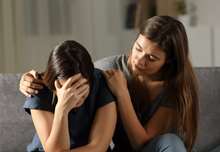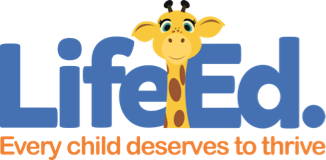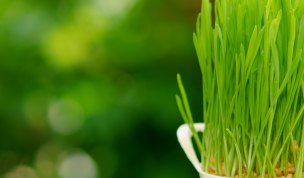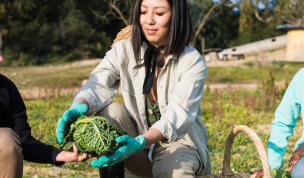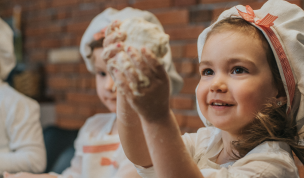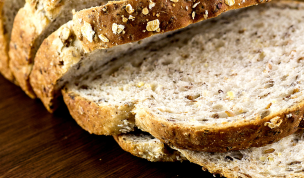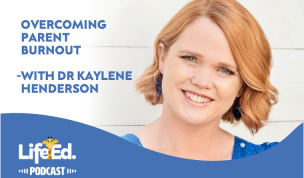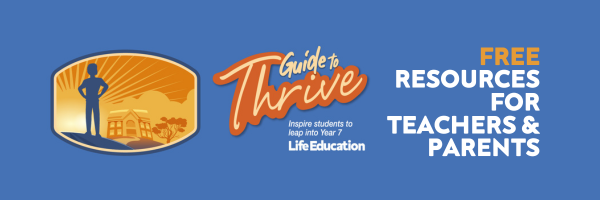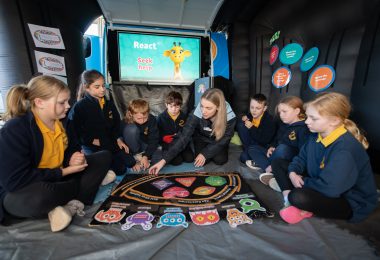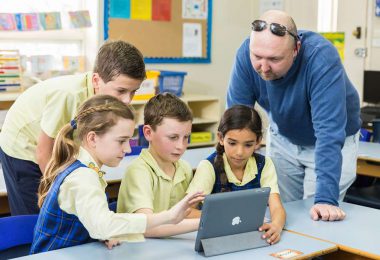Teaching children about consent
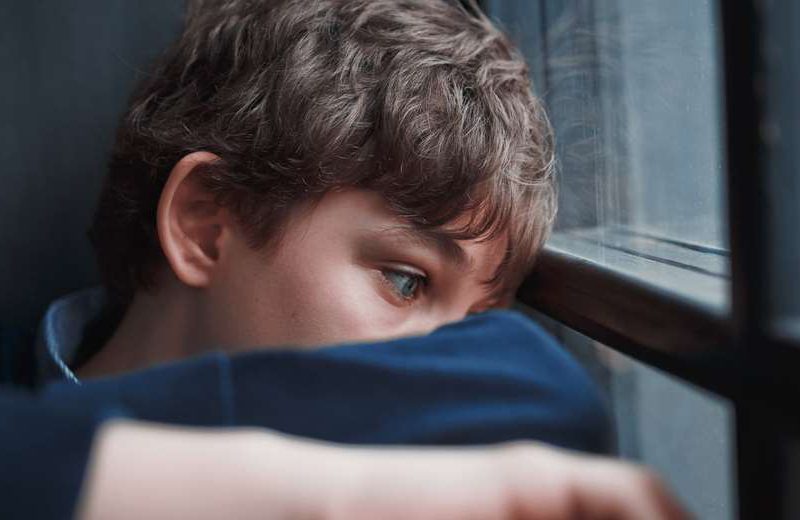
The shocking and deeply disturbing prevalence of child sexual assault in Australia is being exposed through the many brave voices of survivors – and we should all be listening.
Family, domestic and sexual violence is a major health and welfare issue in Australia. According to the Australian Institute of Health and Welfare, 1 in 6 (1.5 million) women and 1 in 9 (992,000) men were physically and/or sexually abused before the age of 15.
The most recent Australian survey of secondary school students highlighted that more than one-quarter (28.4 per cent) of sexually active students reported an unwanted sexual experience.
Currently, there is a petition – backed by NSW MPs from across the political spectrum – for the school curriculum to include earlier and more holistic education about consent.
It was launched on International Women’s Day by Chanel Contos, a 22-year-old former Sydney schoolgirl whose Teach Us Consent movement has encouraged thousands to share stories of assault and harassment suffered while they were at school.
It is vital that we educate our children and young people about safe and respectful relationships, including about consent.
In the words of 2021 Australian of the Year, Grace Tame, who is a survivor of childhood sexual abuse, “Education is our primary means of prevention.”
But what do we mean by consent?
The term “consent” is often associated with sex, but it’s much broader than that. It relates to permission and how to show respect for ourselves and for other people.
Consent should be addressed in an age-appropriate way across all years of schooling.
The Life Ed program teaches children aged 3-14 important foundational skills to navigate safe and healthy relationships, including how to stand up for themselves, and how to recognise emotional and behavioural warning signs associated with unsafe situations.
In an age and stage appropriate way, we teach children the skills and strategies they need to establish new relationships, including how to set boundaries, communicate effectively, and display empathy.
Children learn ways to resolve conflict and deal with bullying, harassment, discrimination, coercion, abuse and violence.
Importantly, children practice responses and strategies to seek assistance, if needed.
Feedback from teachers tells us our program is working. Last month, 508 students in NSW participated in our Relate Respect Connect lesson. Teachers reported evidence of learning including students identifying strategies to maintain respectful relationships, and exploring strategies to respond to disrespectful situations.
Our program has helped children speak out about sexual abuse. You can read Lily’s story here.
There are many ways parents and teachers can help support and protect their children and students. Home is the first place for a child to learn about feeling safe, close and connected. To support parents, Life Ed provides free online resources on many topics including safe and respectful relationships. There are also many excellent government resources available for parents to help teach their children about consent and sexual health.
I also encourage you to find out if your school is participating in the Life Ed program.
Together, we can help empower our children to live safe and healthy lives.
